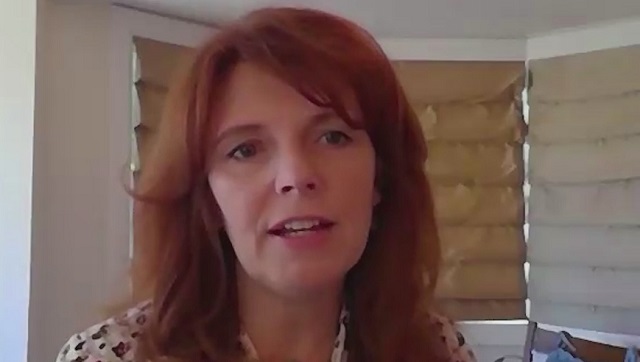SALEM, Ore. (KOIN) — Police reform and more protections for people during the COVID-19 crisis are the main topics the Oregon legislature will deal with during a special session called by Gov. Kate Brown.
The special session is set to begin Wednesday and there’s no deadline for this session to end. Public hearings began Monday about proposed legislation to extend the ban on residential and commercial evictions during the pandemic. The current ban is set to expire at the end of June.
Legislators are also looking at requiring landlords to offer tenants payment plans and banning late fees.
Tuesday, they’ll take comments about proposed police reform bills that include more accountability such as banning chokeholds, a statewide data base to track officer discipline and make it more difficult for an officer to get a job back if they’re fired for misconduct.
There’s also a bill to stop police from using chemical gas and rubber bullets on protesters.
“We aren’t dealing with a military situation here as much as some folks would like it to be,” State Sen. Lew Frederick said. “I think it speaks to a large issue of militarism and how we deal with public safety and law enforcement and peace officers in general.”
Republican lawmakers want something in this special session that currently isn’t on the list: Discussion over how to fill a $2 billion budget hole.
“I fail to understand why the Governor is calling the legislature in for a special session, an expensive undertaking for taxpayers, in the middle of a pandemic, when it is not intended to address the state budget deficit,” Senate Republican Leader Fred Girod, R-Stayton, said in a statement.
The GOP legislators ended the regular session in March by a walkout to block a vote on a climate change bill.

“The walkout was about abuse of power and insisting Oregonians have their voices heard,” House Minority Leader Christine Drazan said. “Right now we are in conversation with the Democrats.”
In a statement last week, Brown said she will likely call for a second special session later in the summer to address the huge budget hit coronavirus limitations on businesses and spending.
Last month state economists said Oregon faces an 11% drop in revenue from the previous biennium as the coronavirus pandemic triggered a shutdown order and a consequent drop in tax payments.
General Fund and other major revenues have been reduced relative to the March forecast by $2.7 billion in the current biennium and $4.4 billion in the 2021-23 budget period.
The governor said she wants to codify several of her executive orders she made recently in response to the pandemic into law, including the temporary eviction moratorium.
Oregon Public Broadcasting reports it remains unclear how lawmakers will meet in Salem while maintaining social distancing.
The Associated Press contributed to this report